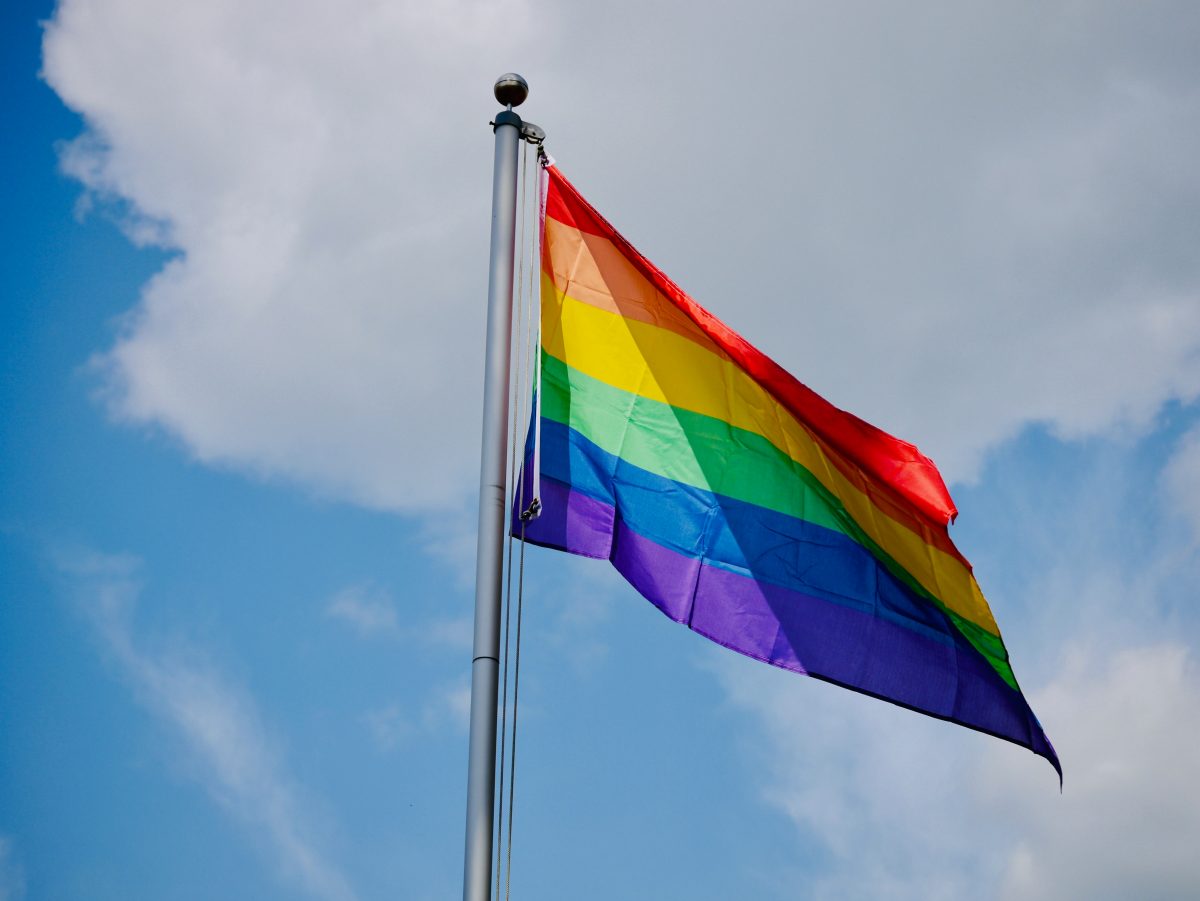Efforts are currently being made between members and representatives of the LGBTQ community and local law enforcement to create “open dialogue” in light of recent events and proposed legislation.
“With terrible legislation going around, also known as hate, we need to know what support is being offered,” said representatives from The Haven Memphis on a post via Instagram.
Vanessa Rodley serves as president of Mid-South Pride, the organization responsible for the annual Memphis Pride Fest.
Rodley said there has always been a need for open dialogue and communication, and with new bills coming out and the events at the Museum of Science & History (MoSH), it seems that now is an important time to talk about issues together.
Recently a group of Proud Boys showed up to MoSH before a “family-friendly drag show,” causing law enforcement to intervene and the show to be canceled.
In more recent news, Tennessee Senate Majority Leader Jack Johnson has proposed legislation that could make public drag shows a criminal offense in Tennessee.
“The trust is not all the way there with the LGBTQ community and local law enforcement,” said Krista Wright Thayer, director of outreach and prevention at The Haven.
“The MoSH event didn’t show us we were supported as much as we could be. Was the protection there? Almost after the fact. Police were there before the Proud Boys showed up, but that event still got shut down and that was the Proud Boys’ intent, and they succeeded and that’s not okay.”
Natalie Hillman, the LGBTQ liaison for the Shelby County Sheriff’s Office, said that in regard to the events at MoSH, she felt that there was a misunderstanding regarding constitutional rights.
“From everyone I talked to, they didn’t understand why [the Proud Boys] weren’t asked to leave,” said Hillman. “They have a right to protest, and they have a right to bear arms, so it kind of ties the police officers’ hands at this point because they’re protected.”
According to Thayer, conversations were had to see how they can collaborate with law enforcement on how they can keep their public events not only safe, but seen as “family-friendly, and needed in our community.”
Rodley said Mid-South Pride has to work with the police and sheriff’s office for their events, so they have to have an open dialogue. However, Rodley also said that all groups do not feel comfortable in doing this.
Rodley said law enforcement would like to help them in creating safe spaces, however the community needs to communicate when things are happening so that law enforcement can support them.
According to Hillman, this is her sole job, and she spends her days meeting with members of the LGBTQ+ community and different organizations.
“We try to get in that door and talk to them,” said Hillman. “We just got so many ideas, and we’re trying to get them into place.”
“The community has asked for us to be there even more, you know [we] asked for some help so we can be there more, and it’s our hope that we can be in one of the centers daily just so that the community, if they have a need for law enforcement, are not afraid to come and report to us, or if they have an issue with law enforcement and a mistreatment issue, they can report to us, and then we can handle it accordingly.”
Hillman said most of the people she has spoken with have had bad experiences with law enforcement when they were younger, and this has left a bad taste in their mouth. Hillman said a lot of the work is in fighting a stigma surrounding law enforcement.
“Most people only deal with law enforcement when something bad has happened or if they’ve broken the law,” said Hillman. “Naturally the community typically does not see us as somebody that is willing to help, so we’re trying to make them understand that not only are we there for the bad times, but we’re there to help and create good times as well.”
Hillman said there has been a stigma surrounding the police and “gay community” for a “number of years.”
“That’s our hope, to erase that old school way of thinking, you know, saying cops are bad — they’re not here to help, but they’re here to hurt us — and just trying to erase that so that they do trust us and they can report properly.”
